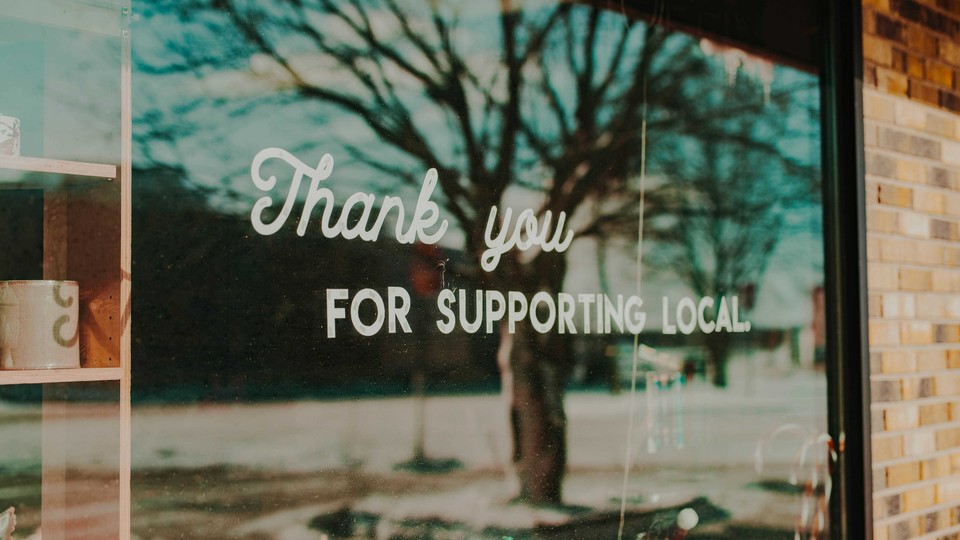Martha & Henry Malcolm Lovett Chair of Psychology

How Tattooed Employees Can Make a Company Look Good
Getting inked doesn't carry the stigma it once did, Rice Business research shows.
Based on research by Mikki R. Hebl (Rice Business) and Enrica N. Ruggs (Houston)
Key findings:
- Tattoos used to have negative connotations, and were therefore a concern for companies worried about their brand image when hiring for front-facing positions.
- The perception of tattoos has changed over the years, and customers are now less likely to apply negative stereotypes to tattooed employees.
- Tattoos now have a mostly neutral effect on customer service interactions, and may help add credibility if a company wants to promote a brand image of creativity or edginess.
In recent years, tattoos have become more popular than ever. A 2019 survey showed that 30 percent of Americans have at least one tattoo, compared to 16 percent in 2003. And the tattoo industry is estimated to be at least a one-billion-dollar industry. Tattoos are now seen as a popular art form, a form of self-expression, and sometimes as a spiritual or cultural practice.
But what about tattoos in the workplace? Are people more or less likely to buy something from someone with a tattoo? Would you hire someone with a tattoo for a creative or artistic role? What about for a more traditional, white-collar role?
These are the questions that Mikki Hebl, a professor of psychology and management at Rice Business, and Enrica N. Ruggs, an associate professor of management in the C.T. Bauer College of Business at the University of Houston, sought to answer in a recent paper. Earlier research shows that, in the past, tattoos were associated with negative stereotypes like criminality and risky behavior.
However, more recent research shows a shift in the way people think of tattoos. Now, they’re often associated with creativity. For any company, creativity is important to grow as a business and foster innovation. And because customers tend to see the people a business hires as reflective of the brand, an employee with tattoos might lend credibility to a business with an artsy or edgy brand.
In a series of two studies, Hebl and Ruggs looked at how tattoos impact the way employees are perceived by customers across various industries. In one study, employees were given small, temporary tattoos of a sun and of a yin-yang symbol to wear while interacting with customers or presenting a general-use product in a video. The researchers compared customer reactions to see if they reacted differently, and if they were more or less likely to buy something, when the employee had a tattoo.
To up the stakes, the researchers conducted a second study, in which a man in a white-collar position was shown without tattoos, and then with a temporary tattoo sleeve. The researchers asked people if they would hire him as a lawyer, and then if they would hire him as a graphic designer. They also asked people to rate the man on traits like risk-taking, competence and creativity. The difference in jobs was meant to represent the difference between a traditional job and a more artistic job, where traits like creativity might be more highly prized.
Hebl and Ruggs found that employee tattoos didn’t have a negative effect on customer behavior. In some cases, the effect was positive. The strongest stereotype people held about employees with tattoos was that they were creative, which balanced out or outweighed any negative stereotypes. Even when the tattoos increased in size from a small symbol to a full sleeve, customers’ impressions of employees with tattoos were neutral or positive.
In an artistic context, Hebl and Ruggs found that employees with tattoos gave customers a positive impression of the employee and the brand. People felt that employees with tattoos were not only more creative, but would be more competent at a design job. But employees with tattoos in non-artistic jobs weren’t seen as any less competent.
Overall, the research shows that customers barely bat an eye at tattoos these days. That’s promising news for younger adults, who are more likely to have some ink — and who may have been warned by older adults that it will keep them from climbing the corporate ladder. And as employees return to the office after two-plus years of working from home, it may be reassuring to know that any pandemic tattoos likely won’t stand in the way of their career ambitions.
Although the study notes that some stigma against tattoos still exists, the tide is clearly turning toward acceptance. If anything, tattoos may have a positive impact on organizations looking to build a brand identity connected to creativity. Tattooed employees are already branded with markers of style and edginess that reflect well on artsy employers — meaning a tattoo sleeve could actually give you a leg up in a competitive industry.
Ruggs and Hebl (2022). “Do Employees’ Tattoos Leave a Mark on Customers’ Reactions to Products and Organizations?” Journal of Organizational Behavior.
Martha & Henry Malcolm Lovett Chair of Psychology
Never Miss A Story



